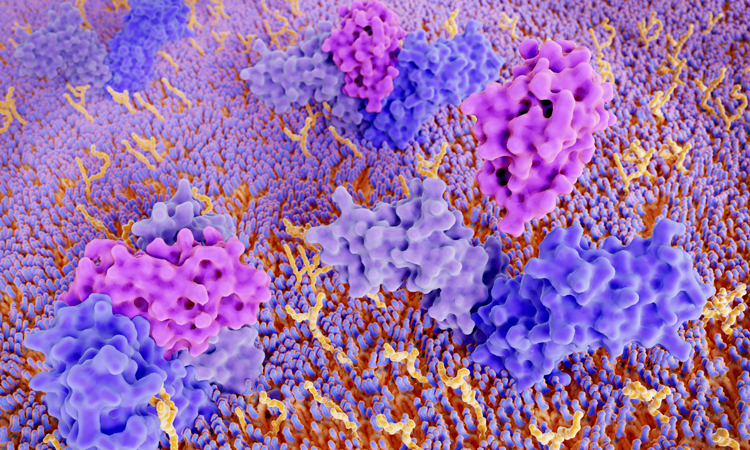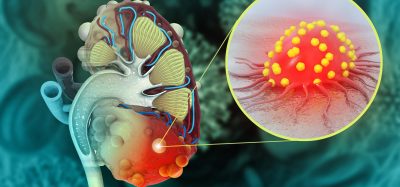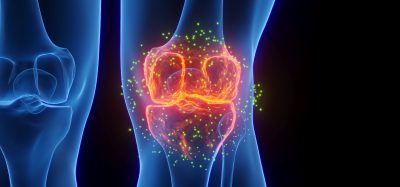Researchers use CRISPR to identify proteins that prevent inflammation
Posted: 21 January 2020 | Victoria Rees (Drug Target Review) | No comments yet
New findings using CRISPR have shown that the IL-4 and IL-13 proteins can protect the body against inflammation from autoimmune diseases.


Proteins that play a role in allergies and parasitic infection can also stop the immune system from attacking the body and causing inflamed joints. The researchers suggest their findings will give rise to new drugs for autoimmune diseases such as rheumatoid arthritis.
…these proteins prevent neutrophils from migrating into the inflamed join”
The investigation, from the Karolinska Institutet, Sweden, revealed that the IL-4 and IL-13 proteins can aid in preventing autoimmune attacks.
These proteins are secreted by immune cells in the presence or allergens or parasitic infections. This then influences the behaviour of neutrophils, a specific type of immune cell. Neutrophils are commonly found in the actively inflamed joints of patients with rheumatoid arthritis and are particularly virulent against tissue as they can secrete non-specific tissue irritants.
Previous research has shown that IL-4 and IL-13 can affect arthritis in experimental models, but exactly how they do so has remained unknown.
The results of this latest study show that these proteins prevent neutrophils from migrating into the inflamed joint. Using CRISPR to modify selected immune-cell genes to understand how they affect cell behaviour, the researchers found that the presence of IL-4 or IL-13 also stimulates an increase in neutrophil surface receptors which have an inhibiting effect on joint inflammation.
“We will continue to study these mechanisms and hope that our work can contribute to the development of treatments for rheumatoid arthritis,” said principal investigator Dr Fredrik Wermeling, assistant professor at the Department of Medicine, Karolinska Institutet.
“I have high hopes that the experimental use of CRISPR will be hugely important to our understanding of how immune-cell behaviour is regulated and that this can guide us in the development of new efficacious drugs,” concluded Wermeling.
The findings were published in PNAS.
Related topics
CRISPR, Disease Research, Drug Targets, Protein
Related conditions
autoimmune diseases, rheumatoid arthritis
Related organisations
Karolinska Institutet
Related people
Dr Fredrik Wermeling








